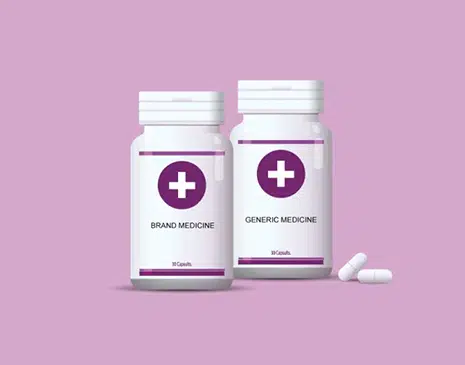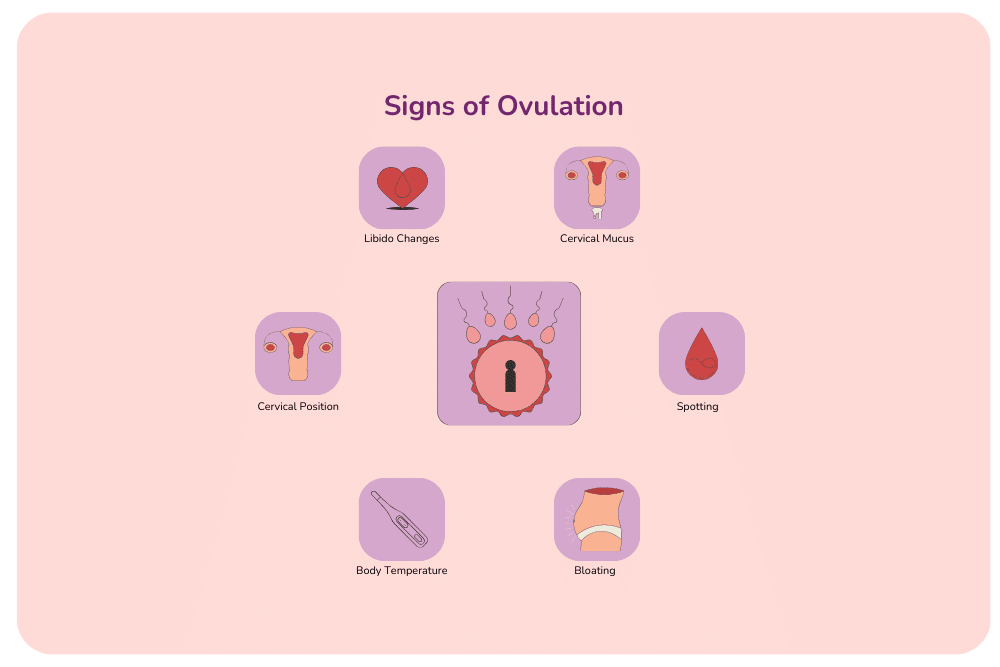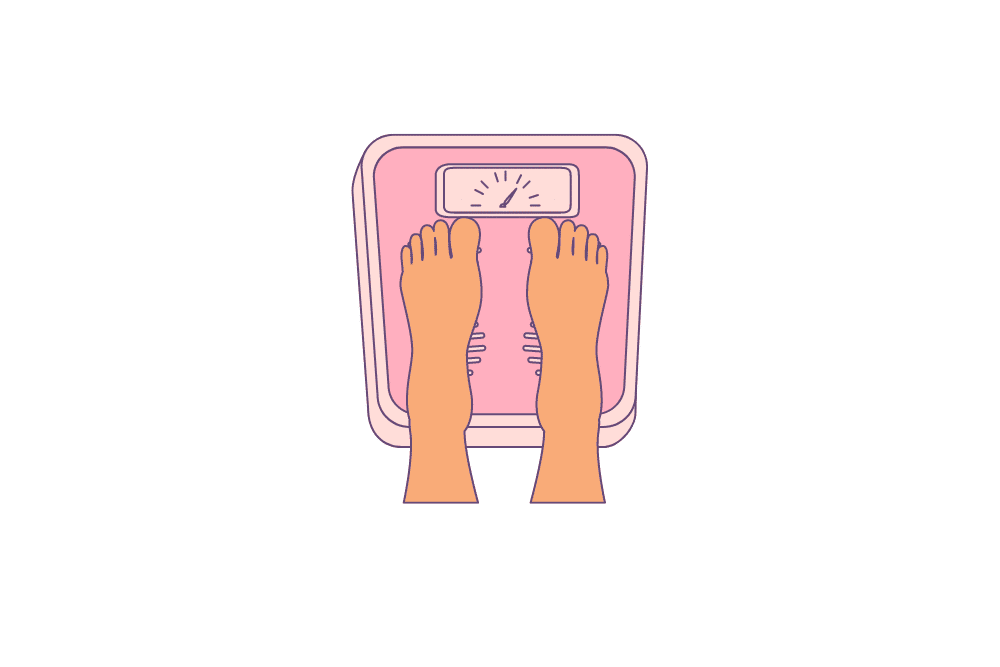If you frequent the pharmacy for script refills, chances are you’ve experienced first-hand the standard pharmacist question that endured; would you prefer the brand name medication or the generic version? Understanding the difference in generic and brand name medications can help you make an informed choice when you next arrive at the pharmacy counter. So, let’s find out; what is the difference between generic medication and brand name medication? And are generic medications as effective as brand name medications?
What is the difference between generic medication and brand name medication?
When a new medication with a new active ingredient hits the market, it’s protected by a patent for several years. The company that developed the medication usually spends a lot of money on research and development, so this patent allows the original creators to make enough profits to cover these costs. During this patent phase, other companies are barred from selling a similar medication with the same active ingredient. But, once the patent date passes, the active ingredient becomes fair game. Other companies can develop medications using the active ingredient, and these are what we call generic medications.
Generic medications differ from the brand name medications in shape, size, colour, packaging, and inactive ingredients (the fillers that don’t contribute towards the treatment effect of the medication). In short, generic medications are a copy of a brand name medication, with the same active ingredients, safety profile and method of administration. And, because the generic medication company didn’t have to spend a fortune on research and development, generic medications are more affordable.
Are generic medications as effective as brand name medications?
Absolutely. Generic medications feature the same active ingredient in the same dosage, plus they adhere to the same standards of quality and safety. At the end of the day, which option you choose comes down to the company you prefer to support, the original or the generic.





